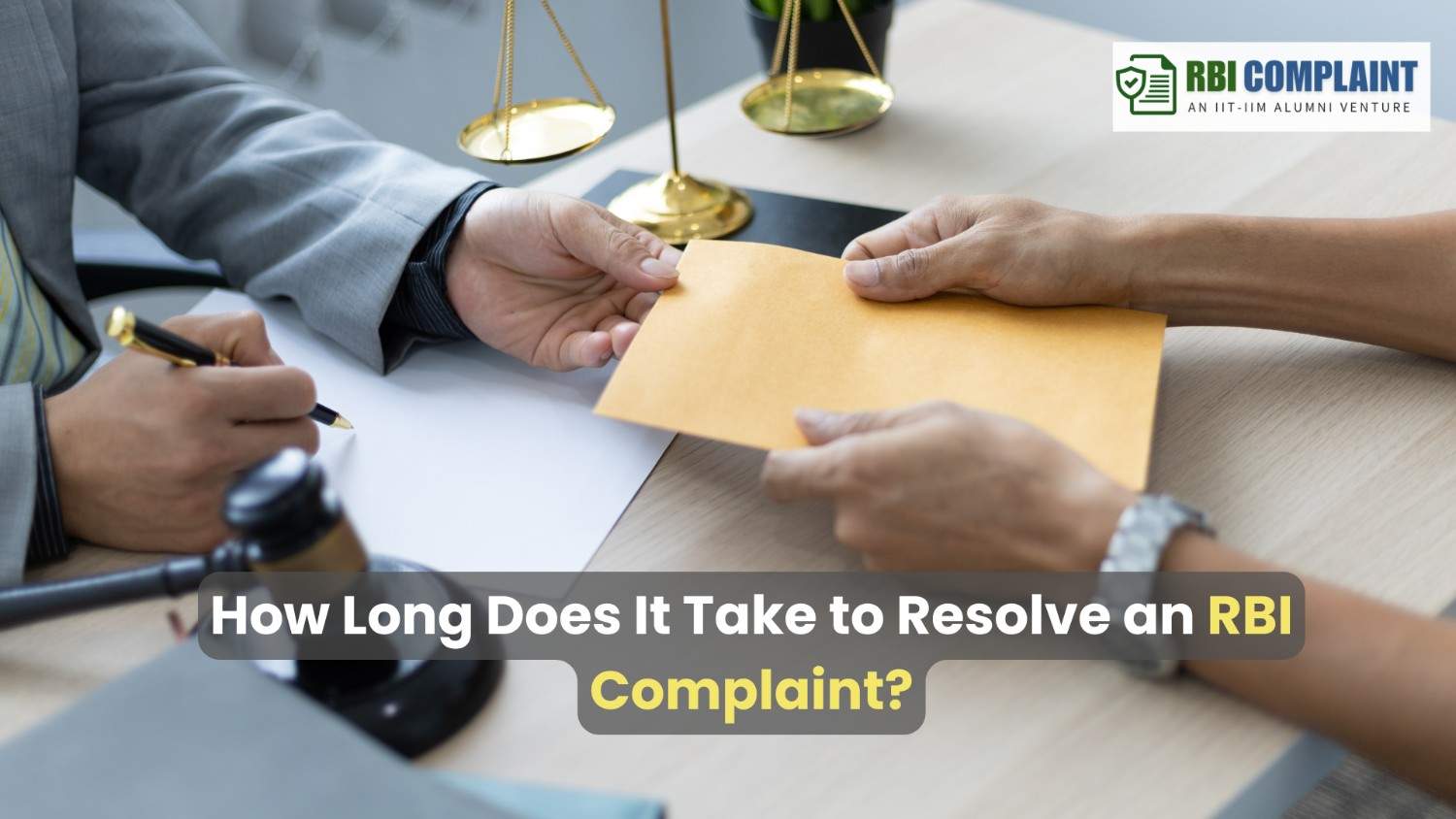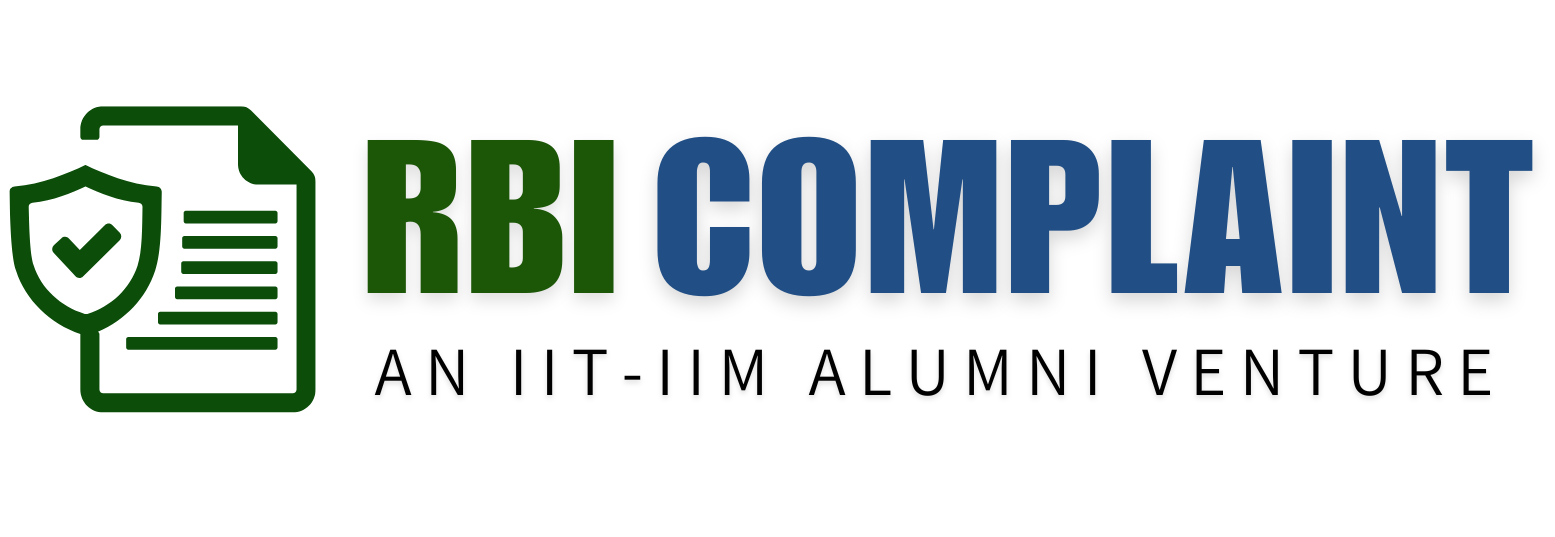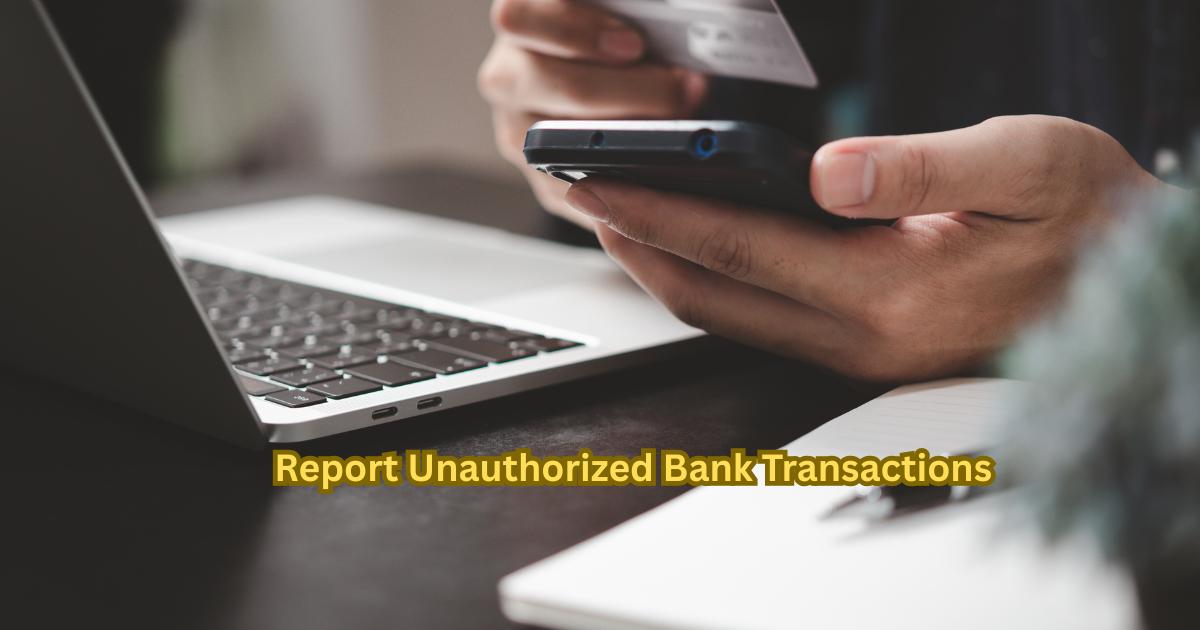· RBI Complaint Resolution · 3 min read
How Long Does It Take to Resolve an RBI Complaint?
Discover the average time to resolve an RBI complaint. Understand the process and factors affecting resolution duration for banking grievances.

The Reserve Bank of India (RBI) serves as the primary regulator for the financial sector in India, playing a pivotal role in maintaining fair practices across banks and financial institutions. When consumers face issues such as poor service, unauthorized transactions , or policy non-compliance by banks, they can file complaints with the RBI for intervention and resolution. Here’s an overview of the complaint resolution process and the factors that may impact the timeline.
1. Filing the Complaint
To begin, a complaint can be submitted through the RBI’s Complaints Management System (CMS) online or physically to the banking ombudsman. Complaints cover a range of issues, including:
- Poor customer service
- Unauthorized or disputed transactions
- Policy non-compliance
- Excessive delays in service or responses
2. Acknowledgment of the Complaint
Once received, the RBI typically sends an acknowledgment within 48 hours. This acknowledgment often includes a unique reference number for tracking purposes. This initial step confirms that the complaint has entered the system and is awaiting review.
3. Investigation and Response Time
Following acknowledgment, the RBI begins an investigation process. Several factors can influence the duration:
Complexity of the Issue: Straightforward complaints may be handled faster, while cases involving fraud or regulatory violations may need extended time.
Bank’s Response: The RBI contacts the bank involved, and any delay on their part in responding can impact the timeline.
Volume of Complaints: During peak periods, high complaint volumes may lengthen response times.
In general, the RBI strives to resolve complaints within 30 days, though complex cases may require up to 60 days or more.
4. Final Decision
After completing the investigation, the RBI issues a final decision to both the complainant and the bank. If the complaint is valid, the RBI may direct the bank to take specific corrective actions. This formal communication marks the closure of the complaint from the RBI’s perspective.
5. Escalation Process
If a consumer remains unsatisfied with the outcome, they have the option to escalate the issue. This can involve filing a review with the Banking Ombudsman or considering further legal steps for resolution.
Factors Influencing Resolution Time
Nature of the Complaint: Fraud cases or regulatory violations may require longer investigations than routine service complaints.
Completeness of Documentation: Complaints with thorough supporting evidence are often resolved faster.
Bank Cooperation: The timeline depends heavily on the bank’s responsiveness in providing necessary information.
Conclusion
On average, resolving an RBI complaint takes 30-60 days, though this may vary. To ensure a smooth process, consumers should submit well-documented complaints and track their progress with the provided reference number. The RBI’s intervention provides a valuable mechanism for consumers seeking redress and fair treatment in India’s banking sector.



